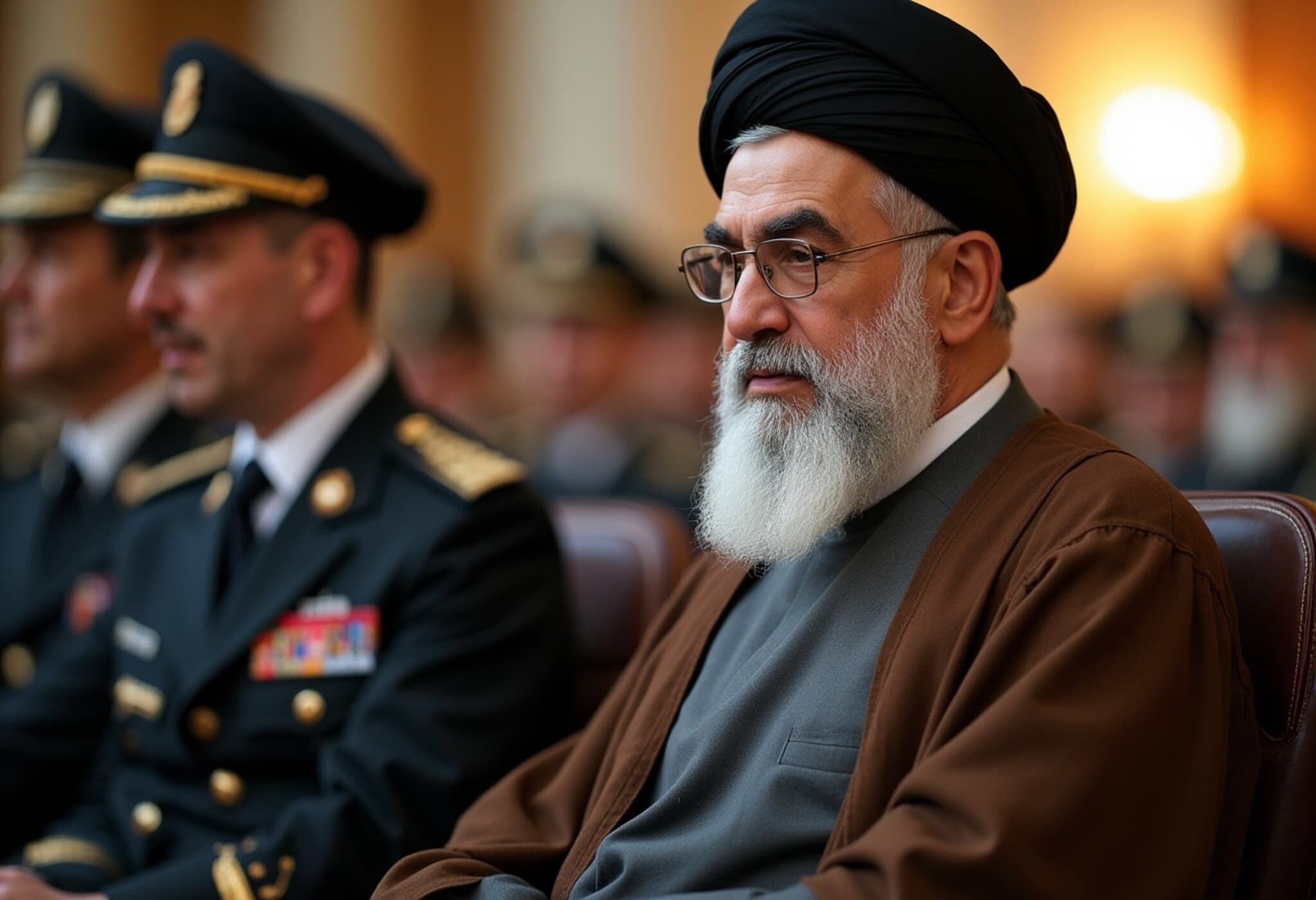Israel's High-Stakes Gamble Against Saddam Hussein
In the tense aftermath of the 1991 Gulf War, Israel faced a looming threat from Iraq's Saddam Hussein, regarded by Israeli intelligence as erratic and dangerously unpredictable. Though Israel was not a direct participant in the conflict, it endured multiple attacks from Iraqi Scud missiles, fueling fears over Saddam’s expanding arsenal, including alleged weapons of mass destruction.
Operation Bramble Bush: A Bold Plan
Determined to neutralize the threat, Israel devised Operation Bramble Bush in 1992—a covert assassination mission targeting Saddam Hussein himself. The plan was daring: Sayeret Matkal, Israel’s elite commando unit, would infiltrate Saddam’s hometown of Tikrit during a funeral event he was expected to attend. Disguised as locals, the team intended to ambush Saddam’s convoy using shoulder-fired missiles.
Mossad intelligence played a critical role in gathering information, while Israel’s military leadership greenlit the operation, underscoring the high stakes involved in confronting Iraq’s dictator.
The Tragic Setback: The Tze'elim Bet Disaster
On November 5, 1992, in the Negev Desert, the operatives conducted a full-scale rehearsal using live missiles to simulate the attack. But tragedy struck when a misfire caused one commando to accidentally launch a missile into his own team. The catastrophic error claimed the lives of five elite Israeli soldiers and left six others critically wounded.
What became known as the Tze'elim Bet disaster exposed critical flaws in planning, communication, and safety protocols. The devastating loss forced Israeli authorities to abort the mission permanently.
The tragedy was kept under strict secrecy, and the entire operation remained classified for years, overshadowed by the soldiers' sacrifice.
Echoes of the Past in Today's Conflicts
Fast-forward three decades, and Israel once again faces a grave threat—this time from Iran rather than Iraq. Recent Israeli strikes against Iran have been conspicuously public, targeting key military figures, including the Iran Revolutionary Guard Corps’ top commanders and nuclear scientists, as well as crucial nuclear facilities.
Unlike the shadowy nature of Operation Bramble Bush, these modern strikes represent an open military campaign. Israeli leadership has openly labeled Iran’s regime as an existential threat, with Prime Minister Netanyahu declaring that the conflict is directed not at the Iranian people but against their oppressive government.
As the region grapples with escalating tensions, the echoes of Operation Bramble Bush highlight the complexity and peril of covert military actions—and how costly missteps can reshape strategic decisions.
Remembering the Fallen and Reflecting on Strategy
- Five elite commandos lost their lives during the rehearsal of the assassination plot.
- Operation Bramble Bush was officially canceled shortly after the incident.
- The mission remains a classified chapter in Israeli military history.
- Today’s confrontations with Iran diverge in scope and openness from past covert efforts.
This tragic episode serves as a somber reminder of the enormous risks involved in clandestine military undertakings and the unpredictable outcomes that can follow.



















